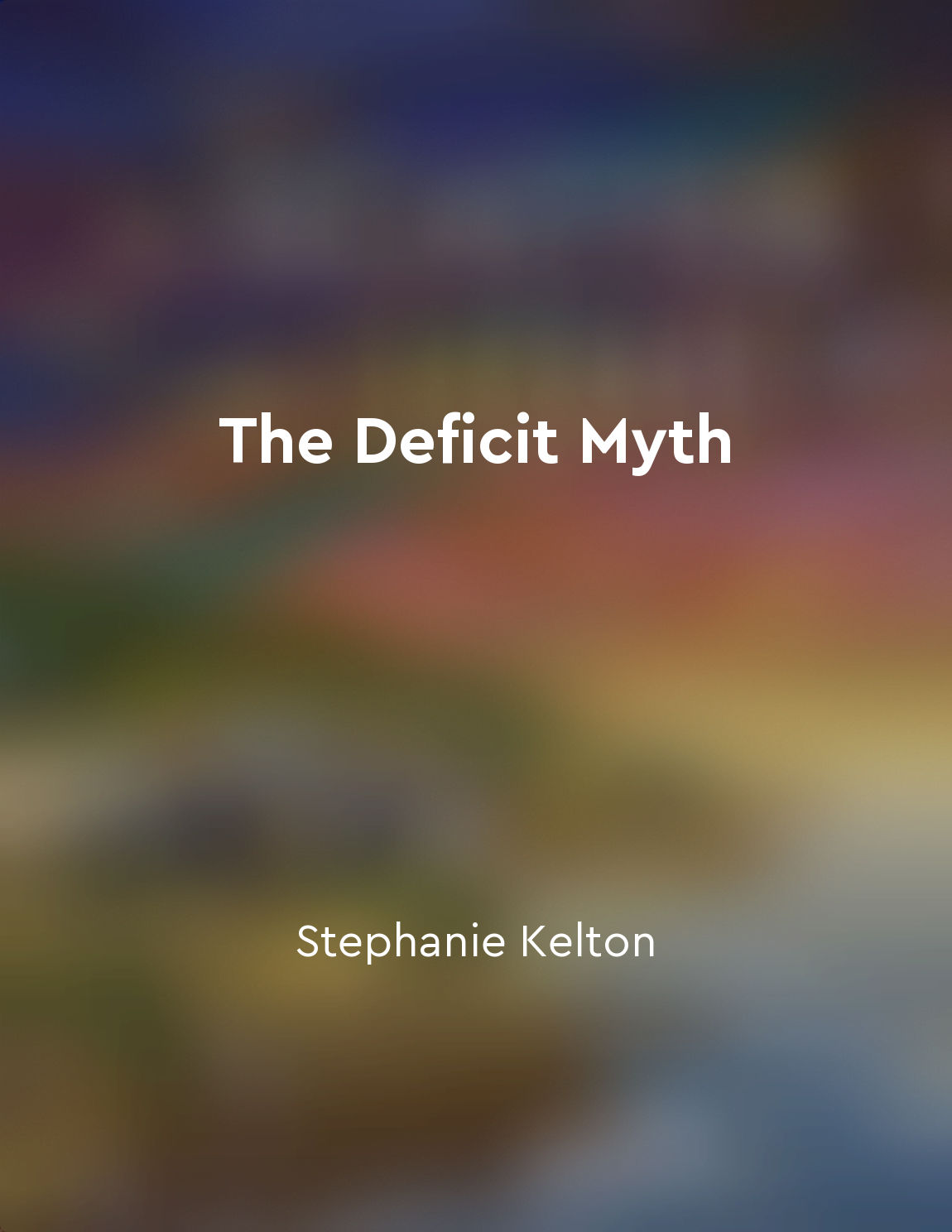John Maynard Keynes advocated for government intervention in the economy to promote full employment and economic stability from "summary" of The Worldly Philosophers by Robert L. Heilbroner
John Maynard Keynes, a prominent British economist of the 20th century, believed that the free market economy was not capable of ensuring full employment and economic stability on its own. He argued that in times of economic downturns, such as the Great Depression, government intervention was necessary to stimulate demand and boost economic activity. Keynes believed that when private sector spending was insufficient to support full employment, the government should step in with fiscal policies to increase aggregate demand. Keynes rejected the classical economic theory that markets would naturally self-regulate and reach full employment. He argued that during periods of economic recession, individuals and businesses would hoard money rather than spend it, leading to a decrease in aggregate demand and exacerbating the downturn. In such situations, Keynes advocated for government intervention through deficit spending, where the government would increase its expenditures to stimulate demand and create jobs. Keynes' ideas revolutionized economic thought and policy, leading to the adoption of Keynesian economics by many governments around the world. His theories laid the foundation for modern macroeconomic policy, emphasizing the importance of government intervention to stabilize the economy and promote full employment. Keynes believed that by adjusting government spending and taxation, policymakers could effectively manage aggregate demand and steer the economy towards full employment and economic stability. Keynes' ideas were put into practice during the Great Depression and World War II, where governments used deficit spending to stimulate their economies and mobilize resources for the war effort. The success of these policies in reviving economic growth and reducing unemployment validated Keynes' theories and cemented his legacy as one of the most influential economists of the 20th century. Despite criticisms and debates over the effectiveness of Keynesian economics, his ideas continue to shape economic policy and thinking to this day.Similar Posts

Financial markets influence business investment decisions
In the world of business, financial markets play a crucial role in shaping investment decisions. Businesses rely on financial m...
Comparative advantage is key to understanding trade
The idea of comparative advantage is crucial in grasping the complexities of trade. It is not just about who can produce a cert...

We should prioritize full employment over balancing the budget
The idea that we must first balance the government's budget before we can focus on achieving full employment is a common miscon...
